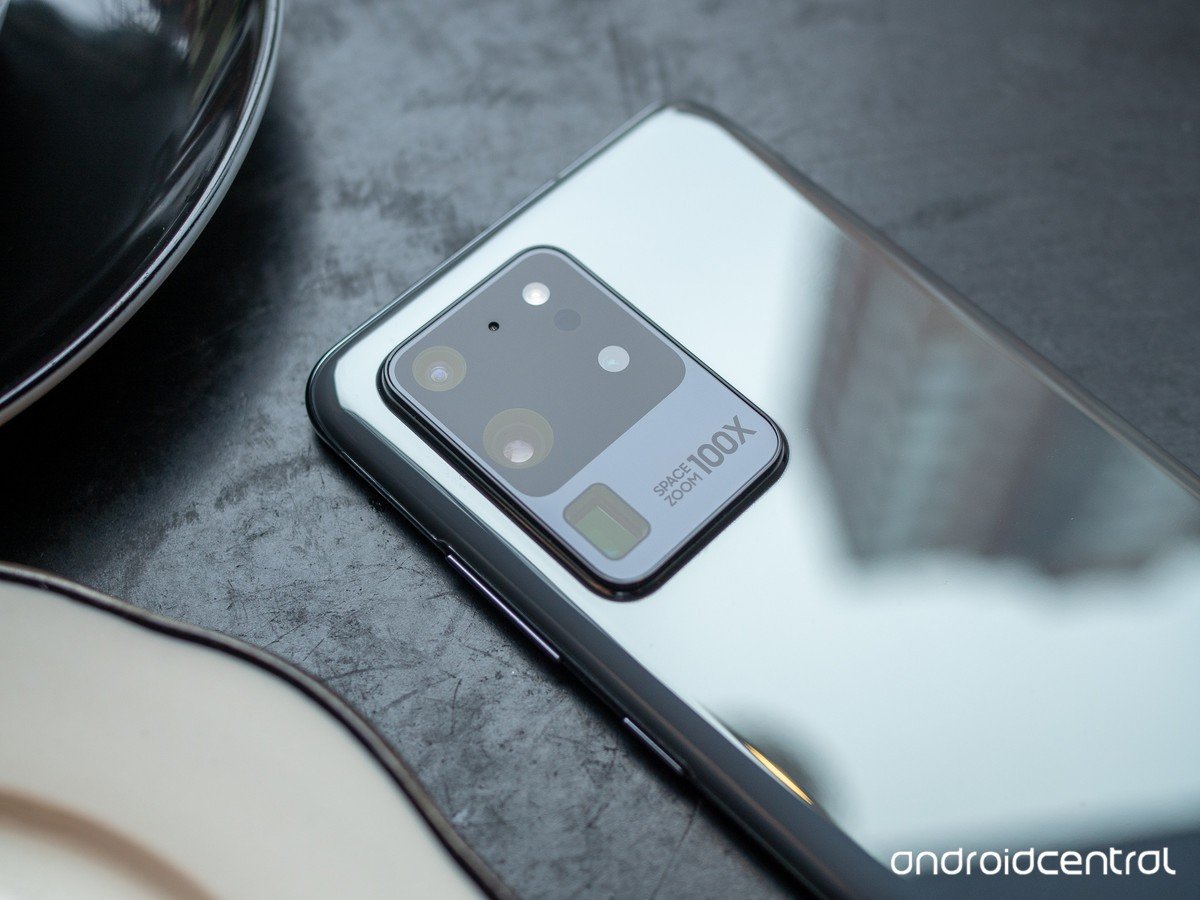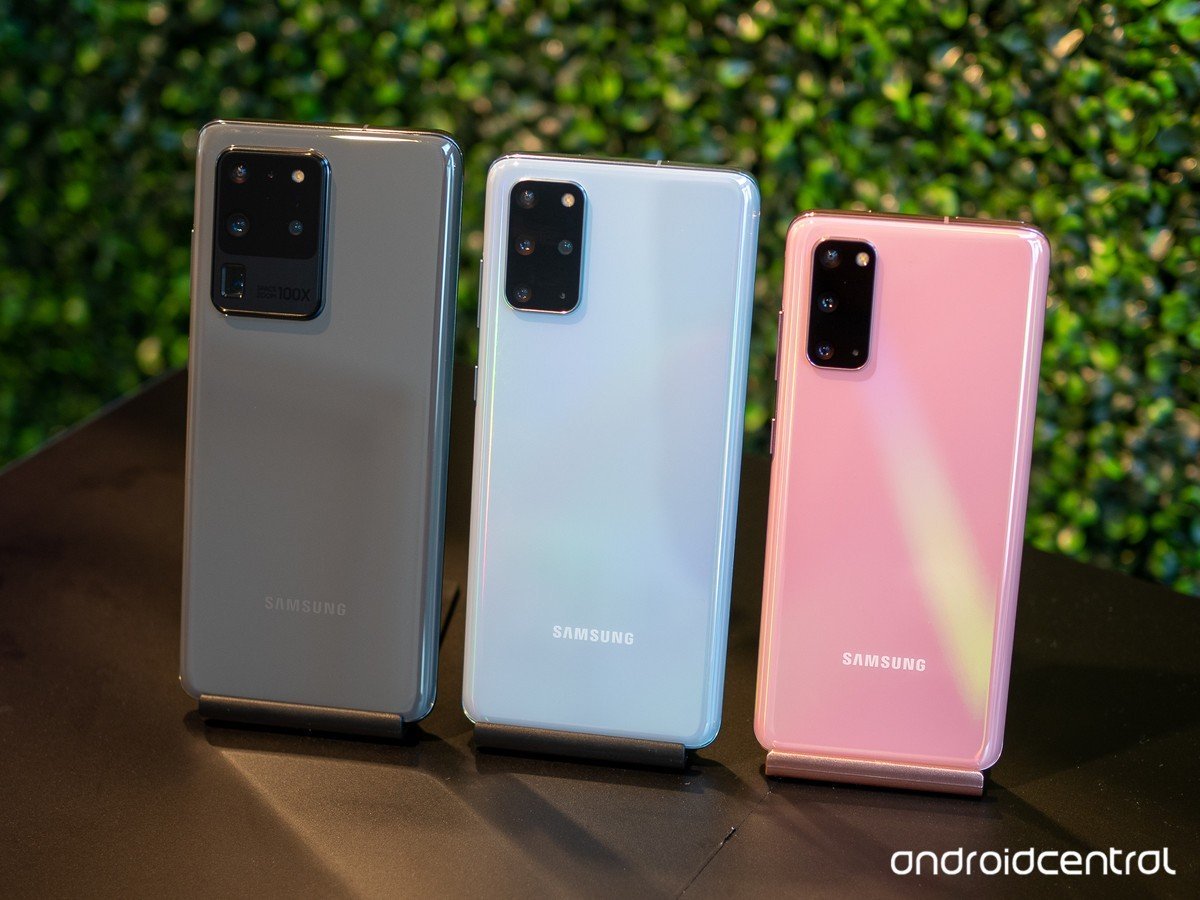Samsung phone ripoff: Why Apple iPhone owners should be smiling

iMore offers spot-on advice and guidance from our team of experts, with decades of Apple device experience to lean on. Learn more with iMore!
You are now subscribed
Your newsletter sign-up was successful
Just a few weeks ago, Samsung introduced its latest lineup of smartphones, which includes the uber-expensive Galaxy S20 Ultra 5G, which can set you back over $1,600 plus tax. The handset, like all the others in the Galaxy S20 lineup, is packed full of advertising-friendly new features, including fresh multi-cameras, and, as its name suggests, 5G support.
Samsung's new 2020 smartphones also carry a dirty little secret the company uses for all of its handsets: officially planned obsolescence.
Samsung's ticking time bomb
As our sister site AndroidCentral first reported, Samsung policy dictates that this year's handsets will only get full software updates for two years, followed by an additional year of monthly security updates. In the fourth year, all software support ends, thank you very much.
Samsung's new 2020 smartphones also carry a dirty little secret the company uses for all of its handsets: officially planned obsolescence.
With new handsets released each year right on schedule, even two years of full software support is more than enough for many smartphone users. However, mobile device prices continue to rise just as the list of new features between models grows shorter. Because of this, it's clear having only a three-year software cycle is unacceptable and even more so when you compare it to other Android device vendors. Both Google and OnePlus, for example, guarantee three years of entire software updates.
No contest: Apple's embrace
By contrast, in recent years, Apple's been increasingly generous when it comes to providing software support to older handsets. Currently, Apple promises five years of significant software updates. The iOS 13 update released in September, for example, is supported as far back as the 2015 iPhone 6s. The latest security update for older handsets (iOS 12.4.5) extends back even more to the 2013 iPhone 5s and iPad mini 2. That's seven years and counting!
No doubt, one of the reasons Samsung limits the number of software updates for its continually changing device lineup is that it doesn't have complete control of the Android development process like Apple does with iOS/iPadOS. This problem also shows its ugly face when it comes to Android implementations in general, which involves creating customized Android software versions for each vendor, which results in a highly fragmented user-base made up of multiple versions of Android at the same time.
Moving forward, Samsung should rethink its software update policy. At the same time, Apple should take advantage of the differences when advertising its handsets.
iMore offers spot-on advice and guidance from our team of experts, with decades of Apple device experience to lean on. Learn more with iMore!
Wouldn't you agree?

Bryan M. Wolfe has written about technology for over a decade on various websites, including TechRadar, AppAdvice, and many more. Before this, he worked in the technology field across different industries, including healthcare and education. He’s currently iMore’s lead on all things Mac and macOS, although he also loves covering iPhone, iPad, and Apple Watch. Bryan enjoys watching his favorite sports teams, traveling, and driving around his teenage daughter to her latest stage show, audition, or school event in his spare time. He also keeps busy walking his black and white cocker spaniel, Izzy, and trying new coffees and liquid grapes.

